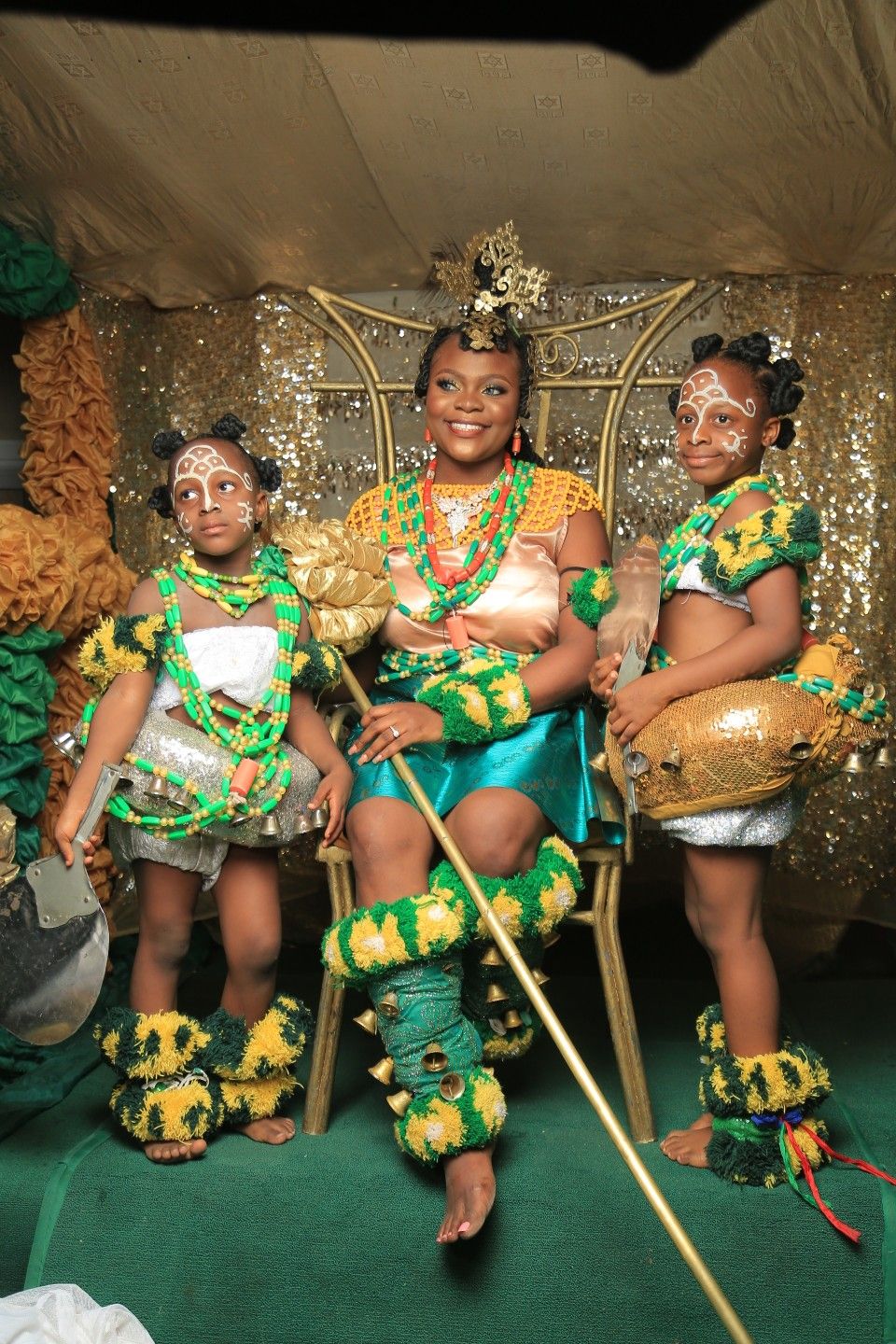Reviving Nigeria’s National Culture Policy After 37 Years: Can Art Finally Pay the Artist?
On a humid evening in Lagos, the street comes alive with the beat of bata drums. Kids dance barefoot on dusty roads, Nollywood films flicker on outdoor screens, and graffiti murals stretch across bridges like unfiltered poetry. This is Nigeria, a country whose soul is stitched with rhythm, storytelling, and style. Yet, for almost four decades, the nation’s guiding document on culture sat untouched, aging like an abandoned script. That silence has finally been broken.
What’s Happening
For the first time in 37 years, Nigeria is reviewing its National Policy on Culture. The move, announced in September 2025, is a collaboration between the Federal Government, the
Nigerian Economic Summit Group, and UNESCO.
The aim is simple but ambitious to rewrite the blueprint of how Nigeria values, protects, and promotes culture in a changing world.
The old policy, last updated in the late 1980s, was born in a different Nigeria. Back then, Afrobeats was still a whisper, Nollywood hadn’t yet taken flight, and fashion labels like Orange Culture or Lisa Folawiyo were only dreams. Today, culture is no longer just tradition, it is business, identity, and power. And the new policy must catch up.
Why It Matters
Culture is not just the drumbeats, the Ankara prints, or the chants at a masquerade festival. It is how a nation defines itself. For Nigeria, whose creative economy is now one of the country’s biggest exports, this rewrite could mean the difference between artists struggling in obscurity and creatives standing tall on global stages.
Nollywood alone contributes nearly 3 percent to Nigeria’s GDP, and Afrobeats is selling out arenas in London, Paris, and New York. Yet many of the artists behind these global wins remain underpaid and under-supported at home. A refreshed policy could bring funding, infrastructure, and education that finally put value where the talent lives.
ALSO READ:
-
10 Black Writers Who Have Reshaped Our Story
-
5 Female Artists Redefining Art with Heart, Hands and Bold Expression
-
All About Chimamanda Adichie Coming First Novel in 10 Years
Everyday Reactions
For Nigerian creatives, the news feels both exciting and suspicious. “Policy na fine paper,” says Adaeze, a visual artist in Abuja. “But if dem no fit protect us from piracy or give grants wey go reach us, e no go change anything.”
Others remain hopeful. Tobi, a fashion designer in Lagos, believes it’s a turning point. “If this policy gives us access to proper funding, fashion go blow even bigger. Nigerians dey create magic, we just need structure.” But skepticism lingers. After all, promises have come before, only to dissolve into silence once the headlines fade.
Policy Breakdown
The draft under review is expected to tackle key issues: heritage preservation, intellectual property protection, funding for the arts, integration of cultural education in schools, and stronger international collaborations. There is also talk of tax incentives for creative businesses and more robust infrastructure for festivals, museums, and cultural centers.
In essence, the policy aims to treat culture not as a side note, but as a core driver of national identity and economic growth.
What’s Next?
The review process will run through consultations with artists, industry leaders, and stakeholders before final approval. The question remains whether the government will back words with action funding, monitoring, and enforcement or whether this rewrite will be another beautiful document gathering dust.
The Human Reflection
At its core, this is not just about culture, it is about people. The storyteller in Benin City keeping ancient folklore alive, the dancer in Jos blending tradition with hip hop,
the filmmaker in Enugu dreaming of the next blockbuster.
For 37 years, Nigeria’s cultural policy left them hustling without a map. This rewrite could finally hand them one. The world already knows Nigeria for its music, its films, its bold fashion, and its art.
The question is, will Nigeria finally know itself — and invest in its culture as its greatest wealth?
ALSO READ:
-
The Hustle Mentality is Eating Us From Inside Out
-
When the Grid Goes Dark: How Nigerians Survive a Broken Power System
-
10 Black Writers Who Have Reshaped Our Story

Desauce Magazine is more than a blog, it is a cultural journal capturing the rhythm of Nigeria. From music and film to lifestyle and social issues, we tell stories that reflect the energy, struggles, and brilliance of our people.





droversointeru
5 months agoGreat awesome issues here. I am very happy to see your article. Thanks so much and i’m having a look ahead to touch you. Will you please drop me a e-mail?
Desauce Magazine
5 months agoThank you so much for the kind words! I’m really glad you enjoyed the article. You can always reach out through our contact page or social media handles we’d love to hear from you. Appreciate you for being part of the Desauce community!